Pre Production: Practical Preparation
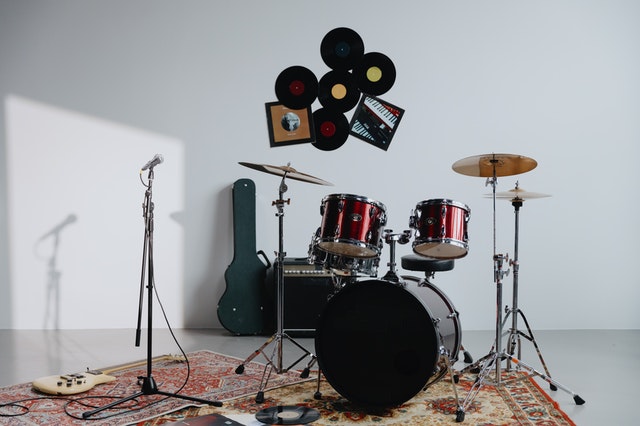
Makes Your Session a Success!
The big day has finally arrived: you and your band mates are all set to start tracking your new album.
Excitement and nervous anticipation fill the studio control room as you start setting up gear, the engineer begins placing mics, and you start to get some sounds working through the mixing board.
But when you start cutting takes, something seems off.
The drums are not hitting quite right.
The length of the verse suddenly feels too long.
The bass riff seems a little too dissonant with the chord progression.
What's happening?
All of a sudden, hours have been lost re-working the first 30 seconds of your first tune, valuable time that could have been saved if you and your bandmates spent adequate time on pre production!
What is Pre production
Pre production should be an integral part of your recording and songwriting practice.
Essentially, pre production comprises all the parts of the recording process before you actually make it to the studio.
Pre production can include such things as demoing songs in your home studio, creating scratch tracks to record with, building click-tracks, building mock-ups of song parts and sequences with MIDI virtual instruments, and any other nuts-and-bolts items like dialing-in and rehearsing with precise tempos, tones, and textures.
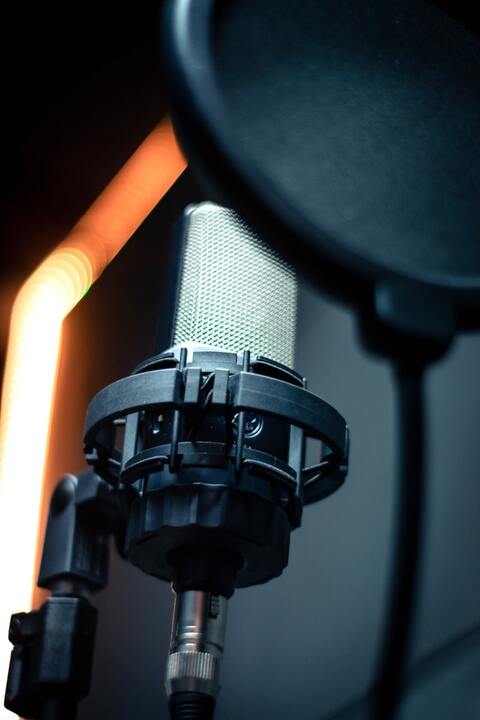
Coming to the studio fully prepared with your pre production work complete will help ensure that things go as smoothly as possible when you start tracking, helping to save you and your bandmates time, money, and stress.
Additionally, if you are as fully prepared as possible for your studio session, you will be able to take advantage of sudden inspiration or be able to handle and respond to errors or mishaps quickly and efficiently.
What could be better?
Get the Demos Done
Having accurate, well-made, and thought-out demos is a huge bonus to your project when heading into your studio session.
The proliferation of home recording technology in today's music production world means that everyone can readily access professional level tools to create high-quality demos of their tunes.
Spending time with your songs, tweaking and refining sounds, experimenting with song structure, and having a clearly defined direction for a song will help you immensely when it comes time to record the track for keeps.
However, remember that your demo is just that: a demo!
Try to not get overly attached to your demo.
You can run the risk of getting trapped in a certain mindset surrounding a chord progression or a tone.
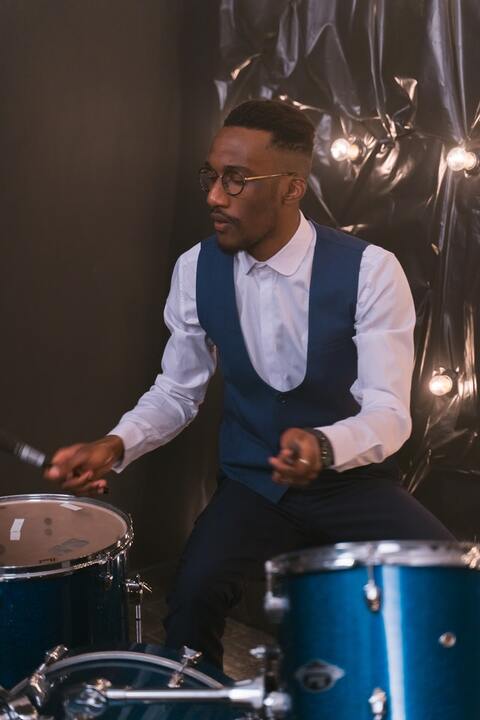
Think of the demo project as a sketch pad and you will be well prepared for the main work!
Are Scratch Tracks Worth It?
Another possible facet of pre production work involves making a map of sorts of how you will record your tunes.
For example, if you plan to record all your instruments live, how will your account for the bleed between mics?
One possible way to deal with this situation is to record "scratch" tracks, or DI (direct-in) recordings of other instruments that will be re-made later.
You could plan to all play live together in the tracking room, but only record the drums and record scratch tracks for the bass and guitars.
That way, your entire band is playing together to preserve the live energy of a performance, while simultaneously helping to ensure the isolation of each instrument is pristine.
Of course, if you are less concerned with the isolation of each instrument and do not mind a little drum sound in your guitars or vice versa, then perhaps you would not need to record scratch tracks.
However, having a plan of which instruments will be recorded in which order and at which times is a crucial piece of pre production work that can save you time and money at your studio session.
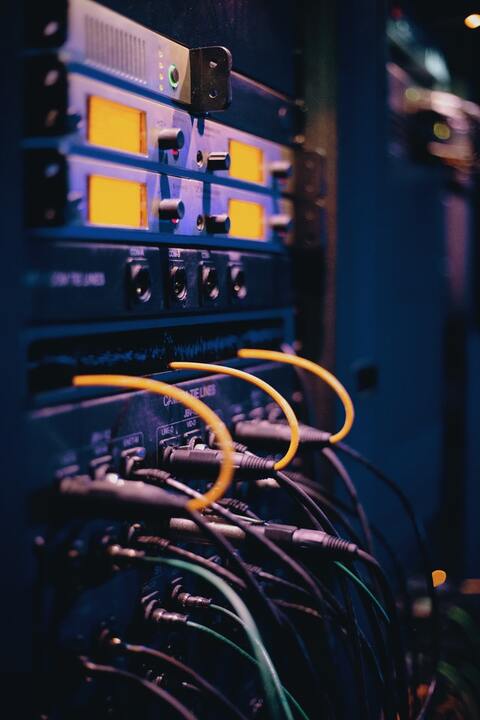
Practicing With the Click
The click track can be a recording artist's best friend or worst enemy.
You should make a habit of dialing-in the tempos of your songs as precisely as possible.
Then, make sure you take the time to rehearse the songs with the metronome until they are as perfect as you can make them.
Many musicians make the mistake of not spending adequate time with a click track in pre production and are then thrown off when the metronome shows up in the headphones.
Do not make this mistake!
Recording with a click track is extremely useful as it ensures that your song is at the same speed the entire way through.
It will help you down the road if you wish to do any sort of tempo automation, which can be an interesting effect, and will help to make the overdub process easier.
Additionally, if you record all your takes with the click track at the same tempo, you could potentially cut together the best sections from each take, instead of having to play one perfect take all the way through.
The time you spend perfecting your tempo will mean time saved down the road!
Build Your Mockups
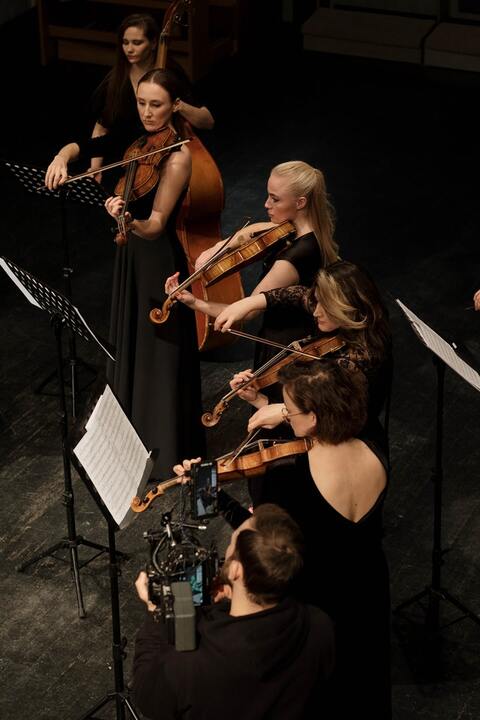
If your track features instruments that are not a usual part of your ensemble, such as a horn section, string quartet, or choir, then part of your pre production work should include building MIDI mockups of these parts.
Having accurate and well-made MIDI mockups of imaginary parts of your songs will help ensure your ideas are communicated precisely to the engineer as well as to the other musicians who will record the parts.
Having solid mockups for additional parts means that you can hear the entire picture of your song and can then practice performing it with all the parts included.
You will not have to spend mental energy trying to imagine the parts in your head as you practice.
You will be able to hear them right away!
Plus, learning how to build good MIDI mockups is a valuable skill to have as a composing musician and one that you should explore if you have not!
Know Your Instruments Inside and Out
A construction worker would not show up to a jobsite without a toolbox and a chef would not show up to work without their set of knives.
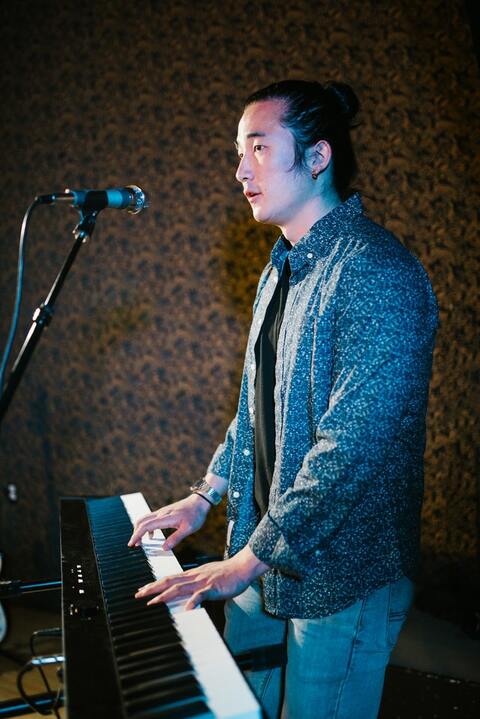
So why show up to your studio session without taking the time to ensure your instruments are perfectly set-up and ready to rock?
As a recording musician, your instruments are your professional tools.
Treating them as such as a part of the pre production process will help the overall quality of your product.
Make sure your guitars and basses are professionally set-up, your amps are serviced and ready to go, your keyboards are fully-functional, and any other instruments you might call upon or bring with you to the studio are primed and ready for action.
The last thing you want is to neglect the health of your guitar, show up to the session, and plug-in only to find the wiring on your neck pickup potentiometer is busted.
After all your hard work preparing, that would put a real damper on your studio session!
Come With Some References
Building a list of reference tracks, in addition to your demos, is a helpful part of the pre production process.
Having a handful of good references will help the engineer get a grasp of the sounds you are looking for and will help provide a grounding point for inspiration if you get stuck on anything.
Having a break after a few takes of a tune to listen to some reference material and build your inspiration back up is a solid strategy if you get hung up on a piece.
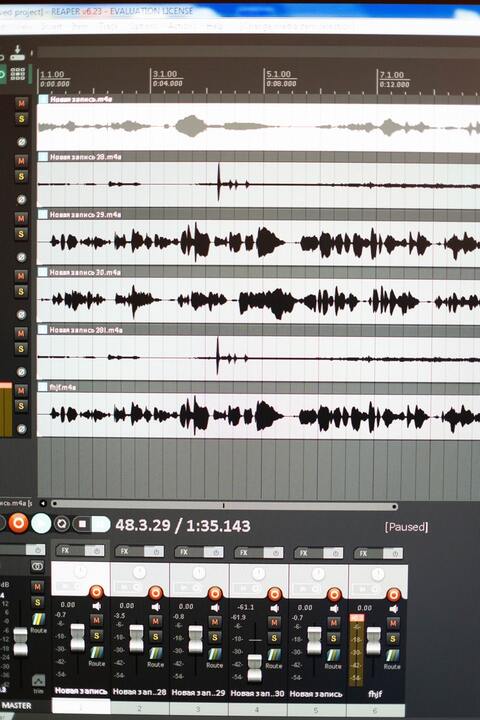
Plus, it is always nice to have a playlist of references on in the background while you are setting up gear and mics for the day, just so everyone is mentally and artistically on the same page.
Do Your Research on Engineers and Studios
When your songs are ready to record, you have made proper demos of everything, have solid references, and have built up any necessary maps to record, make sure that you have done adequate research on recording engineers and studios in your area.
All the pre production work in the world can go to waste if you do not have a recording engineer to work with who is competent, understands your vision, and has the skills and gear to match.
Working with a skilled engineer like Luke Beaulac at Evermore Sound will guarantee that your pre production work produces the highest quality artistic product possible.
At Evermore Sound, you will have another musician behind the board dedicated to your success.
Evermore guarantees excellent sound quality and superb engineering, thanks to top-quality instruments and equipment as well as a talented and dedicated recording engineer.
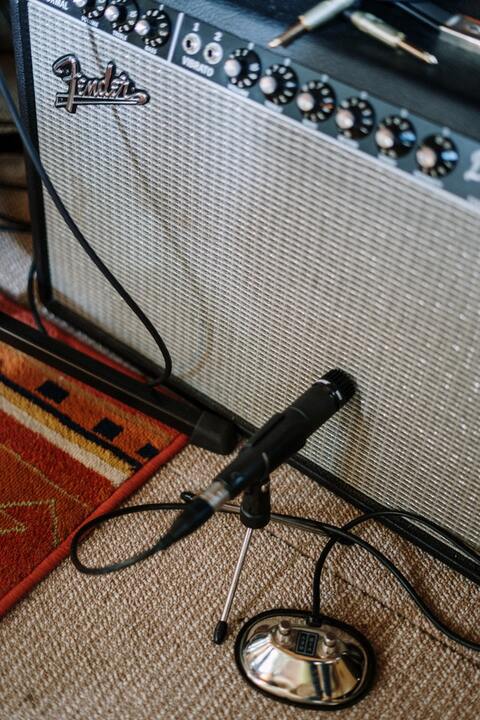
Having a skilled and accomplished musician as your sound engineer and music producer will bring your project to the next level, no matter what.
There is no substitute for great ears and years of professional music experience.
Fortunately for you, Evermore's music recording studio has the perfect mix of creative taste and expert skills.
Stay Flexible Under the Pressure
Most musicians, from the most experienced professionals to amateurs at the first studio session, experience some amount of pressure during a recording session.
Whether you are a hired gun getting paid by the hour to hit a difficult passage in minimal time or a singer-songwriter cutting your first five song EP, the key to success in your session lies in your pre production preparation and staying flexible under the pressure of the studio.
The studio acts like a microscope on your music.
The tiniest details of your sound will be amplified and you might not like what you find!
The key is to remain calm and stay flexible.
If you come to the studio well-prepared, with your homework done, you will be on your way to a great and satisfying session!
Get in Touch
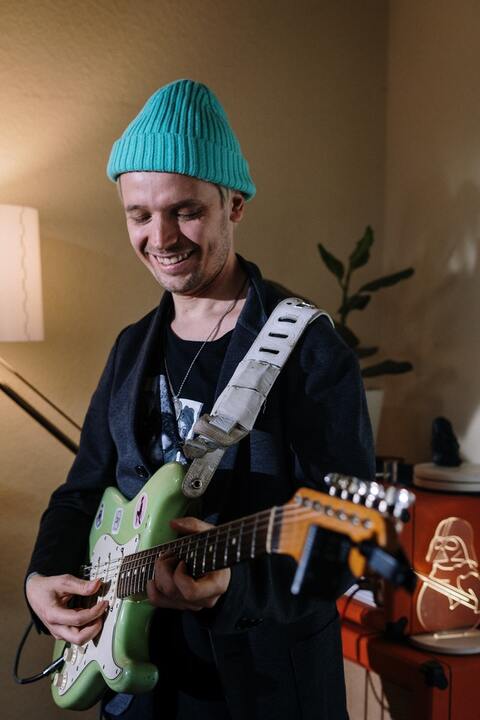
Evermore Sound is the premier music recording studio in Orlando.
Let our in-house engineering, mixing, and mastering services bring the most life out of your creative projects!
No matter the style or instrumentation of your project, the skilled and experienced audio engineers at Evermore have the abilities you need to realize your audio ambitions.
Our extensive collection of vintage recording hardware, instruments, and industry-standard software combined with a collection of mics that is second-to-none makes Evermore the music recording studio of choice for Orlando and beyond.
Exceptional facilities, including large tracking and control rooms, along with expert ears ensure the best possible sounds for your projects.
Musicians work at Evermore Sound.
This means you will have a highly-skilled creative professional working by your side the entire time, with decades of musical experiences and hundreds of recording sessions to draw from.
Working with a true musician is extremely beneficial to your project.
Whether you are looking to track a new album, have some mixing and mastering work to finish for your upcoming release, develop a sound design or soundtrack project, or anything else in the universe of audio production, please fill out this short questionnaire with your name, phone number, email, and a short description of your project and we will get back to you ASAP!




